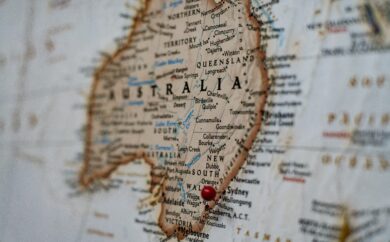Filter by topic
From navigating regulatory complexities to coming up against fierce competition with limited financial resources, early-stage fintechs face an array of challenges. And yet, despite these hurdles, startups play a crucial role in improving the fintech ecosystem with their disruptive ideas […]
9 minute read
Any obligated firm faces a range of practical challenges in meeting compliance demands and addressing financial crime risks. For those operating in cross-border payments, these challenges are greater still; not only do regulators see cross-border activity as generally ‘riskier’ than […]
4 minute read
When it comes to the rapid expansion of financial technology (fintech), Asia-Pacific (APAC) is leading the way. As economic integration and private sector innovation increase, many countries throughout the region are experiencing growth and regulatory reform across various verticals of […]
5 minute read
Following February’s plenary, the Financial Action Task Force (FATF) issued two new reports related to countering ransomware financing. One report analyzes the methods cybercriminals use to carry out attacks and the techniques they use to launder ransom payments, while the […]
4 minute read












